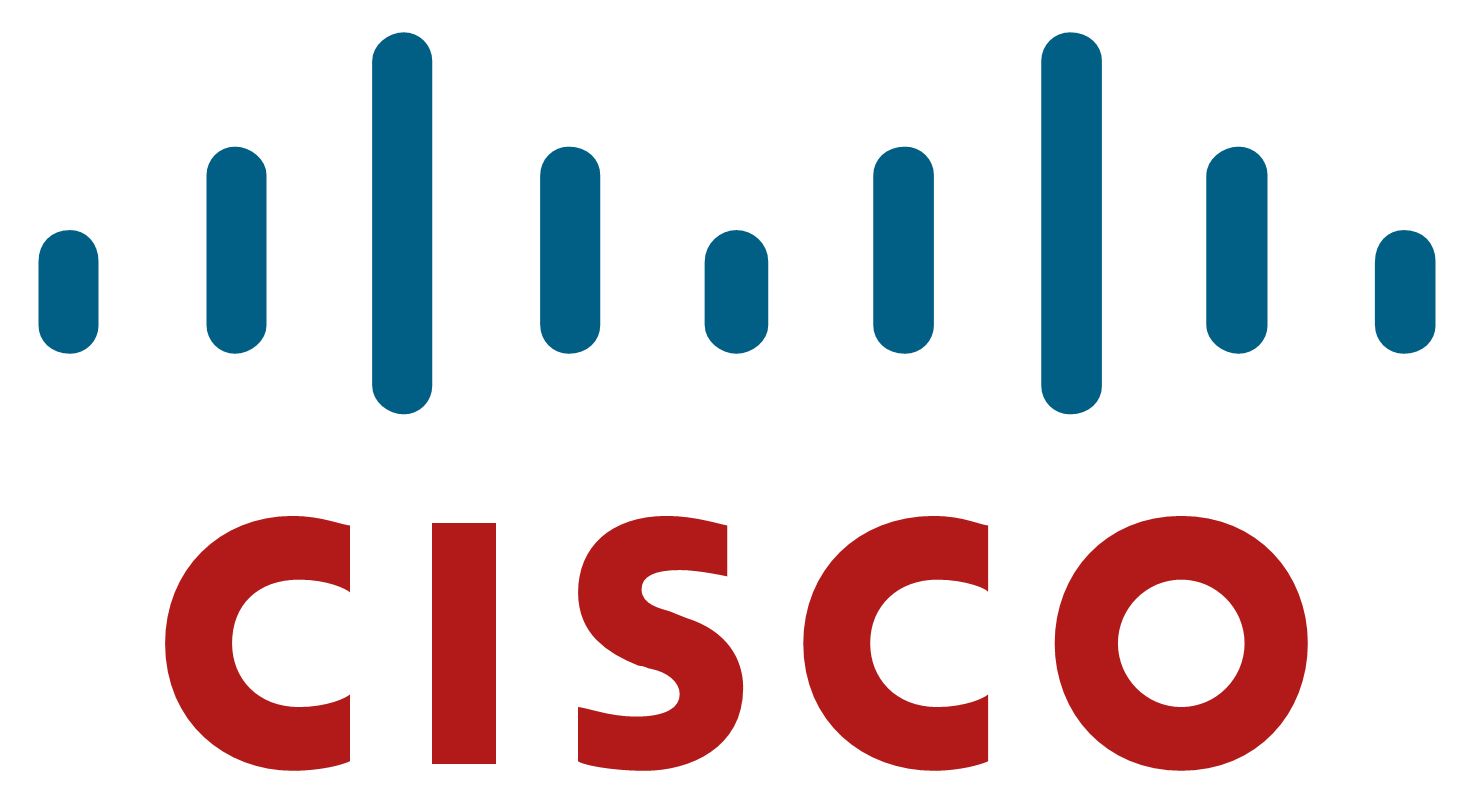EFF supports Chinese activists in Cisco human rights case

The Electronic Frontier Foundation (EFF) says that it supports the actions of Chinese human rights activists that are taking Cisco to court, claiming that the company knowingly sold technology used to facilitate human rights abuses.

In a blog post Friday, the digital rights group filed an amicus brief (.pdf) -- a legal opinion submitted by someone outside of a legal case -- in relation to Du v. Cisco. Submitted to a Maryland federal court, Chinese activists are suing Cisco for allegedly providing the Chinese government with products that facilitate human rights abuses -- in full knowledge of the technology's use.
Ward & Ward are representing the activists, who argue that Cisco provided the Chinese Communist Party (CCP) with "equipment, training, and other knowing and wilful assistance that the CCP used to monitor and persecute Chinese citizens." In addition, the human rights activists say that Cisco "knew that these products and assistance would be used for, and lead to the persecution, imprisonment, and torture of peaceful Chinese political activists."
The complaint also alleges the Great Firewall of China was used to detect pseudonyms used by the plaintiffs and to track their publications on websites outside of the country.
The case arose in part several years ago due to the publication of a presentation on Golden Shield technologies, also known as the Great Firewall of China. Within the leaked 90-page document, Cisco confirms that the firewall -- often the target of ire due to its control and censorship of the Internet in China -- is useful to the Chinese government to "Combat Falun Gong Evil Religion and Other Hostilities."
The sale of routers to the Chinese government to shore up this firewall was met with criticism. At the time of the leak, a director at the nonprofit Human Rights Watch Arvind Ganesan said:
"If you know ahead of time that a sale could lead to human rights violations, and there's no way of mitigating that, maybe you shouldn't offer it to that entity."
Shortly after Cisco's admission in the marketing presentation that the company knew what its products could be used for, a case was filed against the company in August 2011. Following the submission, lead plaintiff Du Daobin was detained by the Chinese government and interrogated.
The EFF's brief argues that Cisco's desire to dismiss the case should be thwarted, and the complaint should survive at least until the discovery stage. The group points out that a number of facts taken together "would support a finding that Cisco aided and abetted or engaged in a conspiracy to violate international law," and therefore the case is worth pursuing in U.S. courts. Specifically, the brief brings up these points:
- Marketing: The complaint offers allegations regarding the marketing, sale and support of the product for the facilitation of human rights violations by China against political dissidents. Most notable is the marketing presentation that asserts Golden Shield technology can help the Chinese government to "combat 'Falun Gong' evil religion and other hostilities."
- Customization: The complaint alleges that Cisco customized its technologies for the purpose of facilitating human rights violations.
- Specific Knowledge: The complaint highlights China's documented practice of engaging in human rights violations and Cisco's specific knowledge of China's use of the technologies for those purposes.
- Ongoing Support: The complaint offers factual allegations confirming Cisco's ongoing relationship with the Chinese government and ongoing support of customized products.
However, EFF's brief does note that international companies should not be made liable when "making a general purpose or dual purpose technology available to the public." Instead, the rights group says that what Cisco allegedly did goes beyond standard sales tactics.